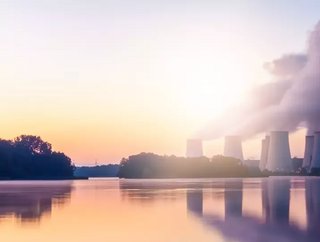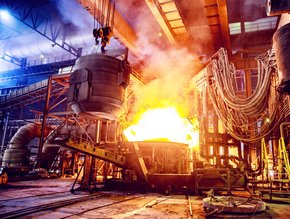How will COP26 disrupt the coal mining sector?

The world is experiencing an overwhelming focus on climate change at the moment with 30,000 delegates from 197 nations discussing the imminent threats to the world, and ultimately, our livelihoods. Some major changes are expected to take place as a result of the conference, leaving traditional industries—like coal production—behind to focus on a new, cleaner commercial sector.
COP26 agreements will eliminate coal production
High on the list of priorities for the 26th annual Conference of the Parties (COP26) is the production of coal. With such a high dependence on fossil fuels across the globe, the industry has thrived for hundreds of years—with the first commercial coal mining operations taking place in North America in 1740. The industry played a significant role in its earlier years and drove the Industrial Revolution, allowing industries to benefit from the mechanical and technological developments that the world has become accustomed to.
Nevertheless, it still remains the largest contributor to greenhouse gas emissions (GHGs)—46% of global carbon dioxide emissions and 72% of total GHGs according to endcoal.org.
Over the past six years—since the intervention of the Paris Climate Agreement, the number of development plans for new coal plants has reduced by 76%, resulting in delays on a potential 1000GW of energy. A natural shift towards renewable energy has taken place over the years, but the biggest shift in resources can be expected moving forward.
We discuss a lot of the successes in the mining industry and the coal sector remains a necessity in many cases, but with the coal industry under fire at COP26, businesses in this space will be preparing to reduce their dependence on fossil fuel production and divest their coal assets to move with the climate. As an example, BHP has already agreed on the sale of its 80% share in coal production in Australia. With limited time to make changes, how will COP26 change the way we consume energy and, more importantly, how will this affect the industry?
The need for a rapid phase-out of coal production and consumption resulted in 23 nations confirming their commitments to 100% clean energy sourcing—of which five are some of the top coal-powered countries. The group includes Indonesia, Vietnam, Poland, South Korea, Egypt, Spain, Nepal, Singapore, Chile, and Ukraine. The new Global Coal to Clean Power Transition Statement commits these countries to accelerate the adoption of clean energy solutions and eliminate their dependence on fossil fuels. A further agreement has been signed by 25 countries and public finance institutions to shift energy spending from coal mining to the fast-paced adoption of clean energy.
The COP26 President Alok Sharma said, ‘from the start of the UK’s Presidency, we have been clear that COP26 must be the COP that consigns coal to history. With these ambitious commitments we are seeing today, the end of coal power is now within sight.
‘Securing a 190-strong coalition to phase out coal power and end support for new coal power plants and the Just Transition Declaration signed today, show a real international commitment to not leave any nation behind.
‘Together we can accelerate access to electricity for more than three-quarters of a billion people who currently lack access, consigning energy poverty to history as we create the clean power future needed to keep 1.5 alive’.
Follow the latest news on COP26 here.
For more mining insights, check out the latest issue of Mining Global Magazine.






